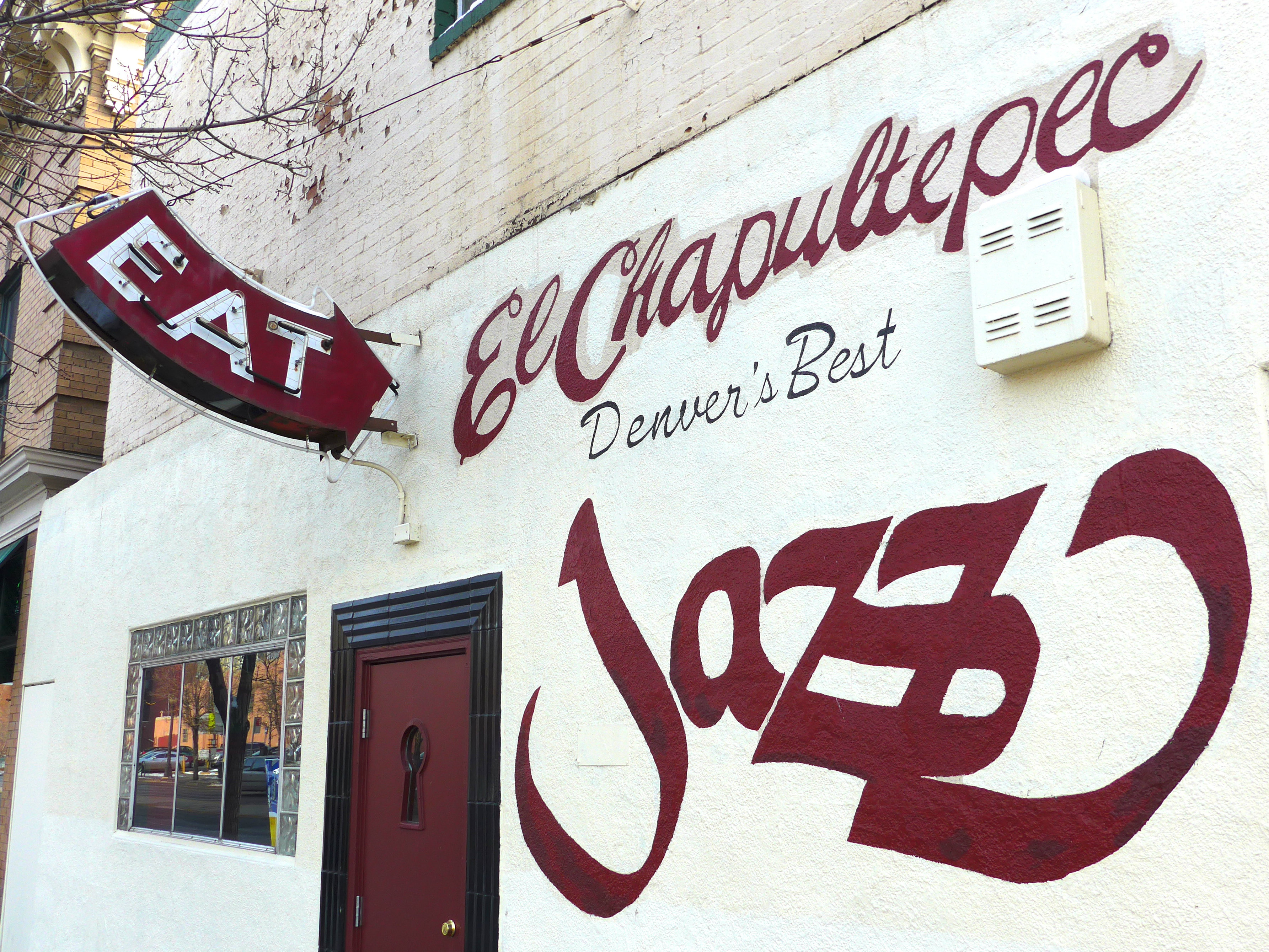
This story originally aired in March 2015.
From the smoke-filled nightclubs of Five Points to the swanky hotels of Aspen and Vail, jazz has long been an important part of Colorado’s musical landscape, says Bret Saunders. He writes a weekly column about jazz for The Denver Post, and he’s also the morning host on KBCO.
Saunders on Denver’s Five Points neighborhood:
“It was known as ‘The Harlem of the West.’ It was the stop between St. Louis and Los Angeles, and a lot of bands would come through and play in Denver. But here’s the part that’s troubling but also fascinating. A lot of artists like Duke Ellington, Nat King Cole, and Louis Armstrong would play in specific hotels in downtown Denver, but they wouldn’t be able to stay at those hotels, so they would stay in one of the hotels in the Five Points neighborhood.”
On Denver jazz club El Chapultepec:
“El Chapultepec has been an institution in Denver for decades. Jerry Krantz is probably the most famous owner. He was known for letting Jack Kerouac hang out there even though he didn’t have any money. Great musicians performed there, or even just spent some time there, like Frank Sinatra, Tony Bennett, even Ella Fitzgerald walked through the doors of El Chapultepec. Even former president Bill Clinton played there when he was campaigning for president…. I think it’s a place that you have to visit if you want to understand the development of jazz in this part of America.”
On Dick Gibson and his Colorado jazz parties:
“At some point in the 60s, he had the kind of cash flow where he could bring in his favorite musicians -- a lot of swing musicians, guys who by the 1960s who were out of fashion -- he could bring them to Colorado, and put them on a bus and drive them up to Aspen, or drive them up to Vail, and they would play for two or three days at a time. They were ticketed events. I think he started charging $50 a couple for the shows at the Hotel Jerome in Aspen.”
On guitarist Johnny Smith:
“He was at the top of his game in the 1950s in New York. He was playing with the Philharmonic, he was part of the NBC Orchestra. He was a fearsome guitarist, technically perfect, incredible. At one point, I believe it was in 1958, his wife died, and they had a child. He decided he wanted his child to be raised in Colorado. He already had some family in Colorado Springs, so he moved there and lived there until he died in 2013.”
On cornetist Ron Miles and guitarist Bill Frisell:
“They both graduated from East High School in Denver. They have almost an ESP level of communication with each other. They’re both very creative. There seems to be a uniquely Colorado jazz asthetic. I can’t quite put my finger on it. There are aspects of loneliness, openness, and space in their music. No one else sounds like them.”








